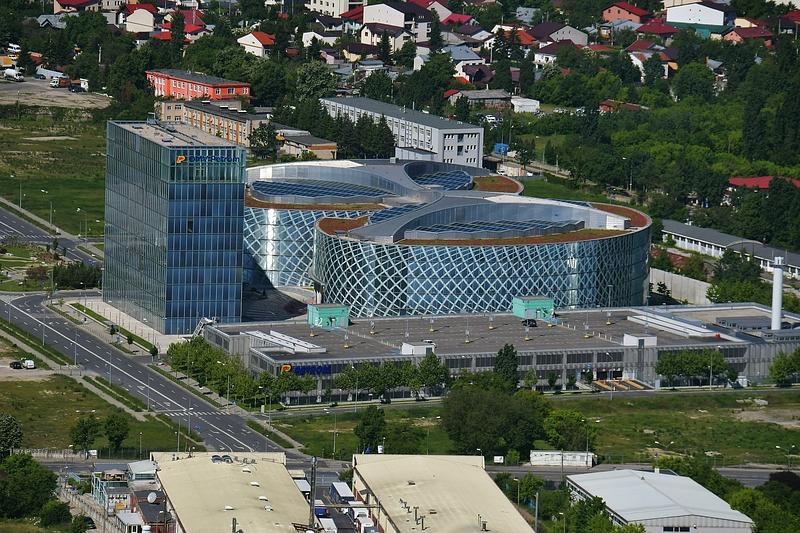OMV Petrom seeks to avoid solidarity contribution levied on European fossil fuel companies



OMV Petrom, the largest oil and gas producer in Central and Eastern Europe, said in its Q4 trading update that it “is expected not to be subject to the solidarity contribution for the fiscal year 2022, having less than 75% of its turnover in the defined areas: extraction of crude, extraction of natural gas, extraction of coal and refining business.”
The company stressed the already large volume of transfers to the state budget in royalties, excise taxes and profit taxes.
Local media remarked, however, that OMV group has accepted paying the solidarity contribution in Austria.
Without specifically stating whether OMV Petrom is or is not subject to the solidarity contribution, the Romanian Ministry of Finance emphasizes in a statement quoted by Ziarul Financiar that the solidarity contribution set for companies with over 75% of their turnover derived from activities carried out in the oil, natural gas, coal and refinery sectors represents the transposition into national legislation of EU Regulation 2022/1854, which covers all member states and has as its main objective the protection of vulnerable categories of the population against the effects of the increase in energy prices and the financing of investments in strategic energy projects.
Furthermore, it says that the solidarity contribution is also owed by the affiliated parties [of the companies subject to the solidarity contribution] “regardless of the object of activity,” according to the Government ordinance.
In related news, the Foreign Investment Council (FIC) in Romania argued against the solidarity contribution claiming that “the Government endangered the stability, predictability and transparency of the legislative framework, which represent a vital framework for investors to carry out their economic activities in optimal conditions," Economica.net reported.
FIC argues that EU Regulation 2022/1854 allows broad flexibility, establishing only a minimum quota of 33% – compared to the 60% charged by Romania. Two-thirds of the EU states that chose to introduce the solidarity contribution applied the minimum rate of 33%, and more than half of the countries chose to apply only for one year (not for two, as is the case with Romania), FIC also says in its statement on the solidarity contribution implemented in Romania.
iulian@romania-insider.com
(Photo source: Dreamstime.com)